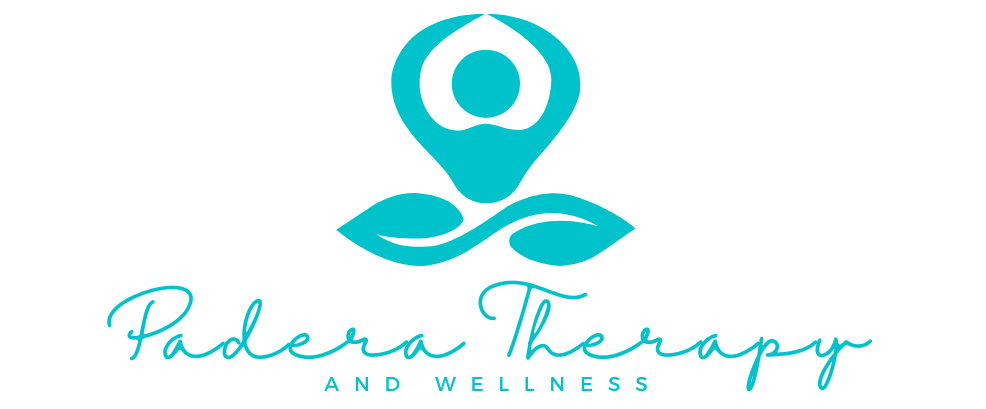Focusing Inward
Focusing Inward
by Kirsten Emery, MS, LMFT, CADC
As we move past the flurry of February’s celebrations and into the fresh energy of March, it’s a great time to shift our focus inward. While Valentine’s Day may have emphasized relationships with others, the arrival of a new season serves as a reminder that one of the most important relationships we can nurture is the one we have with ourselves. With the promise of renewal in the air, there’s no better time to reflect on how developing a healthy, loving, and secure relationship with ourselves can positively impact the way we show up in relationships with others.
KNOWING YOURSELF
Just as in developing a healthy relationship with another person, it’s necessary for us to explore our own values, needs, and wants. The more we get to know ourselves, the better we can show up in our relationships.
When thinking about our personal values, it can be difficult to know what this entails. For many, values are the things that are important to us and the principles by which we live our lives, or as Mark Manson, author of The Subtle Art of Not Giving a F*ck, suggests, they are “the measuring sticks by which we determine what is a successful and meaningful life.” When we can identify our values, we have a blueprint for how we want to live our lives each day in a way that feels fulfilling to us.
Your personal values can range anywhere from “happiness” to “loyalty” to “wellbeing”, and with such a wide array of potential values, it can be difficult to truly narrow down those that are most important to you. Brené Brown, researcher and author of a number of books on shame, vulnerability, and belongingness, offers a useful guide to narrowing down your values. Though her worksheet suggests narrowing it down to two, I often suggest trying to narrow it down to a list of top five (because that in and of itself is difficult enough!)
Once identified, your values can become the stepping stone to gain a better sense of what is important to you in your everyday life and identify the needs that help you feel fulfilled and balanced. For example, if you particularly value creativity, you may notice that you feel energized and fulfilled by playing music or cooking a new recipe, making those key activities to integrate more frequently into your life. From developing an understanding of these parts of yourself, you can then be armed with the knowledge of the things that are most important to you and deserve to have your time and energy put into fostering.
YOU’RE NOT BEING SELFISH
Many of us not only find it difficult to set boundaries to protect time just for ourselves, but believe it to be a selfish act to do so. The decision to take time to engage in self-care, solely focusing on doing activities for ourselves, often leads to worries of being too selfish. However, the reality is that when we take time out of the day to care for ourselves, we are then able to give even more of ourselves to our relationships in return. When we fill our own cups, we have more to give to others.
Social media has taken the idea of self-care to a new level, sometimes to the point where it feels like it may not be entirely achievable on an average day. We can’t all make a perfectly cooked and balanced dinner, follow it up with a luxurious hour-long uninterrupted bubble bath, and then go to bed early, falling asleep almost instantly without once touching our phones. In fact, I would hazard a guess that most people can’t do this on a typical night. While there may be pressure to have the perfect type of self-care that seems to eliminate all forms of stress, in reality, self-care is more accurately any activity that helps you to feel like your physical and emotional needs are met. So while it can include all the previously mentioned activities, it doesn’t have to.
Here are some questions to consider when addressing your different needs:
Physical self-care: Are you getting appropriate sleep? Eating three meals per day? Getting some level of movement and exercise that feels right for your body?
Psychological self-care: Are you incorporating ways to appropriately process your emotions? Engaging in activities that feel mentally stimulating to you?
Social self-care: Are you making time to connect with others? Feeling fulfilled in your current relationships? Being conscious of boundaries around how you are being treated?
Spiritual self-care: Are you taking time to reflect on your life and experiences? Being present and mindful in different areas of your life? Connecting with a community that engages in similar spiritual practices, if that’s of interest to you?
When you start to take time to engage in these self-care practices, you're prioritizing parts of your life that help you feel balanced and fulfilled. And when you feel balanced, fulfilled, and taken care of, you can then give more to your relationships, making self-care an essential part of your life that should be protected and cherished. Building a healthy relationship with yourself isn't selfish – it's the foundation that allows you to show up as your best self for others.
Kirsten Emery is a Licensed Marriage and Family Counselor and Certified Addictions Counselor with Padera Therapy and Wellness. She is also the Co-Clinical Director at the practice. Kirsten specializes in treating addictions, eating disorders and body shame, mood disorders and family issues. Kirsten also has a special clinical interest in working with clients who practice consensual non-monogamy and are part of the Kink community. When Kirsten isn’t practicing clinically, you can find her perusing bookstores, reading fantasy and speculative fiction, and spending time with her husband and two pets.


